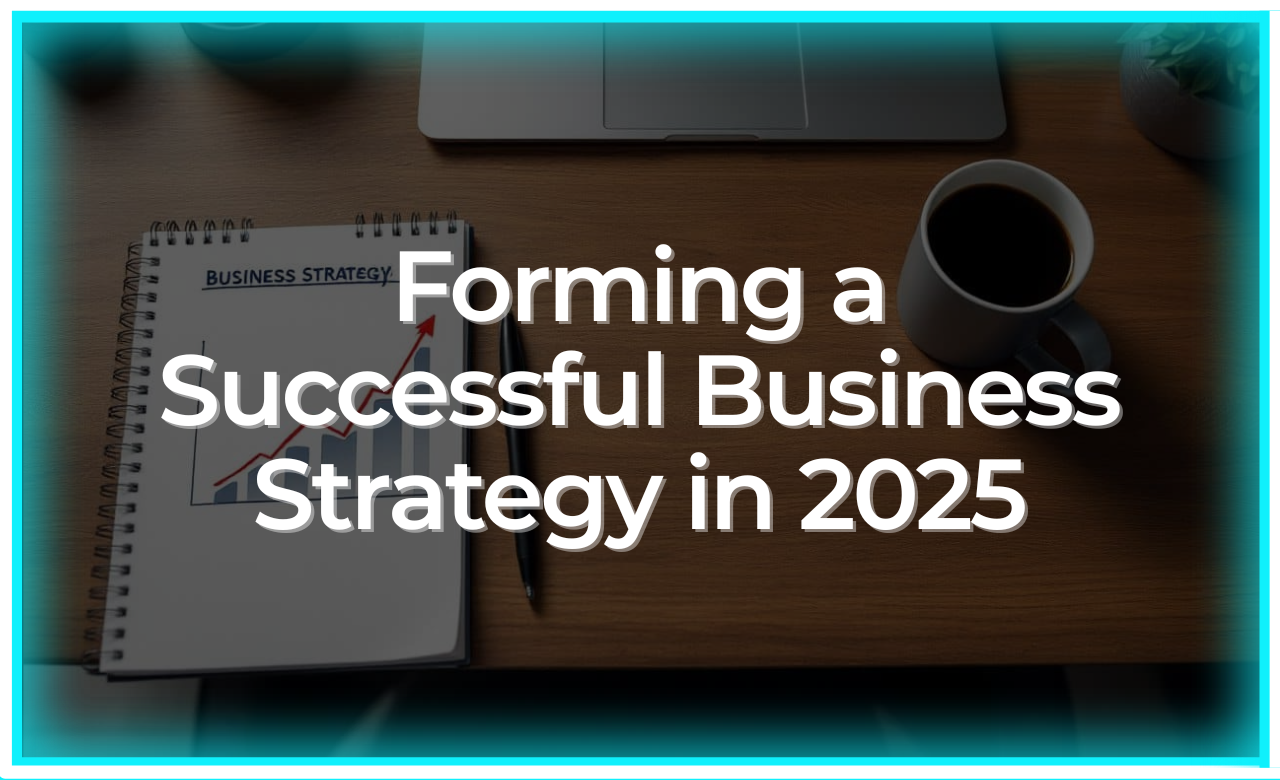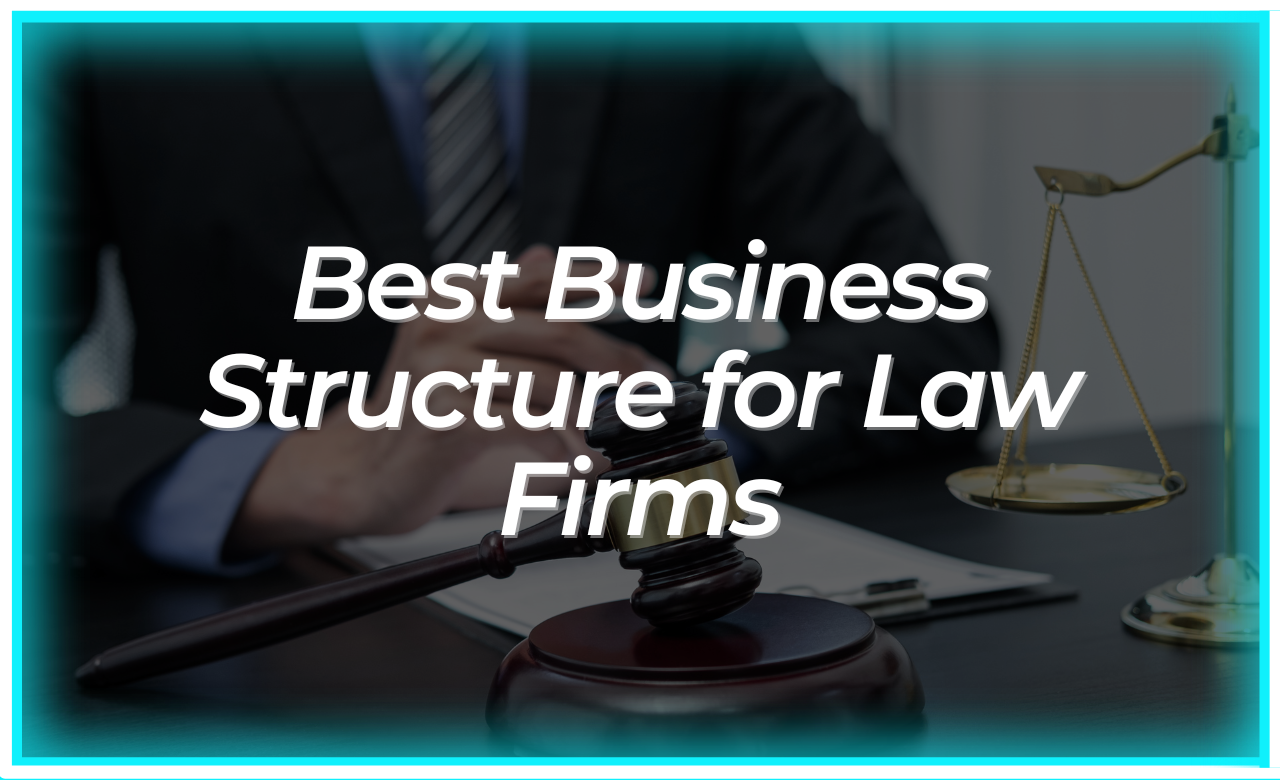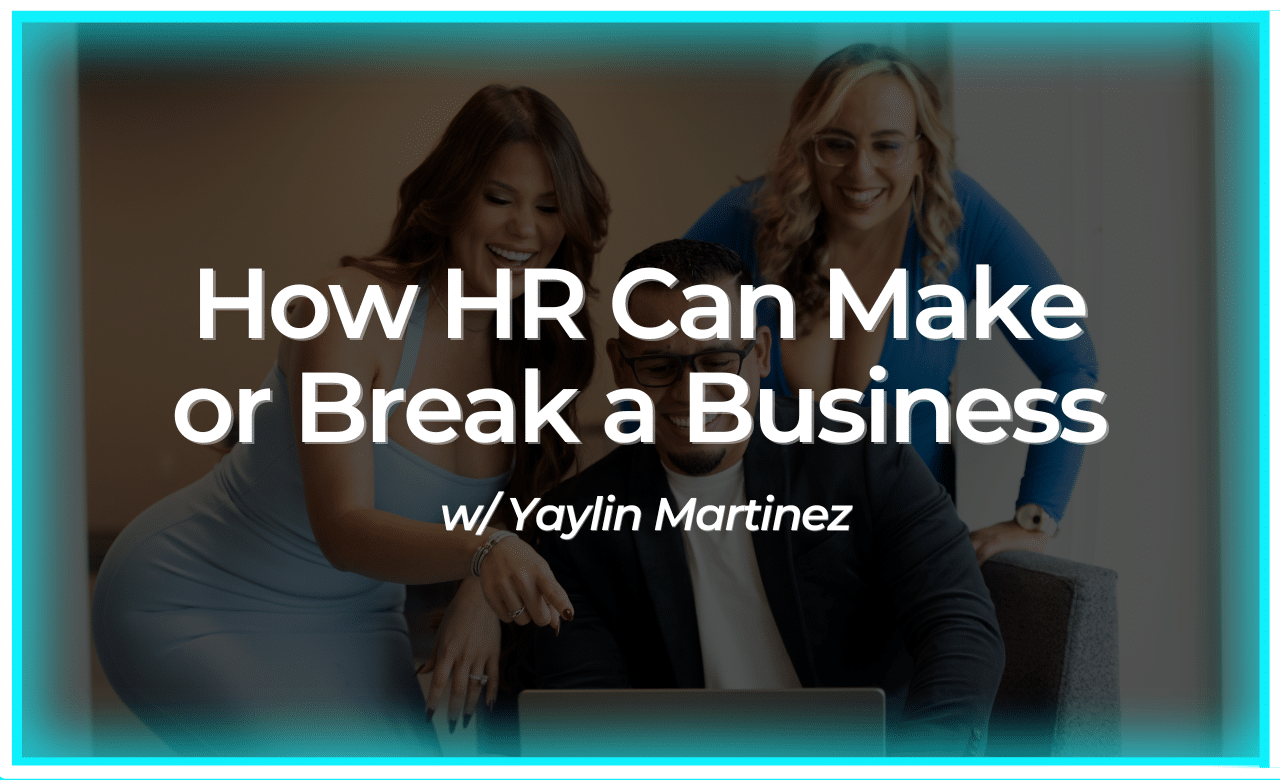Sole proprietorships, partnerships, corporations, and limited liability companies are the most common forms of businesses. Additionally there are professional corporations, S-corporations, C-corporations, limited liability partnerships, and other variations of different business structures. Understanding that tax implications of your decisions should effect you corporation or LLC business structure. It may be hard to change after you start, so it is worth putting some time in to discuss the costs and benefits of your structure.
Entrepreneurs looking to start a business should consider all their options, but generally any choice is better than no choice. While there are advantages and disadvantages to S Corporations and LLCs, both are better than a default sole proprietorship or partnership, because the common law default structures expose the owners to unlimited liability. There are reasons for each time of business structure, and you are generally advised to speak with both an attorney (for the legal protections and compliance issues) and a CPA (for the tax implications).
Choosing to incorporate or “organize” a business instead of defaulting to the common law defaults is the first major tax decision you will make as a business owner, and it is reasonable to consult an expert on it. We help new entrepreneurs pick their business structure every day, and it is generally a quick and easy process once we look at your prior tax returns and have a general idea of the business model and plans for future investors, if any.
There are complex options, like check the box elections, that can offer you the best of both worlds, or straightforward options where you file with your state’s secretary of state and manage your business under statutory defaults. Each business structure has different advantages, so choosing the right one can have substantial tax savings down the road.
















